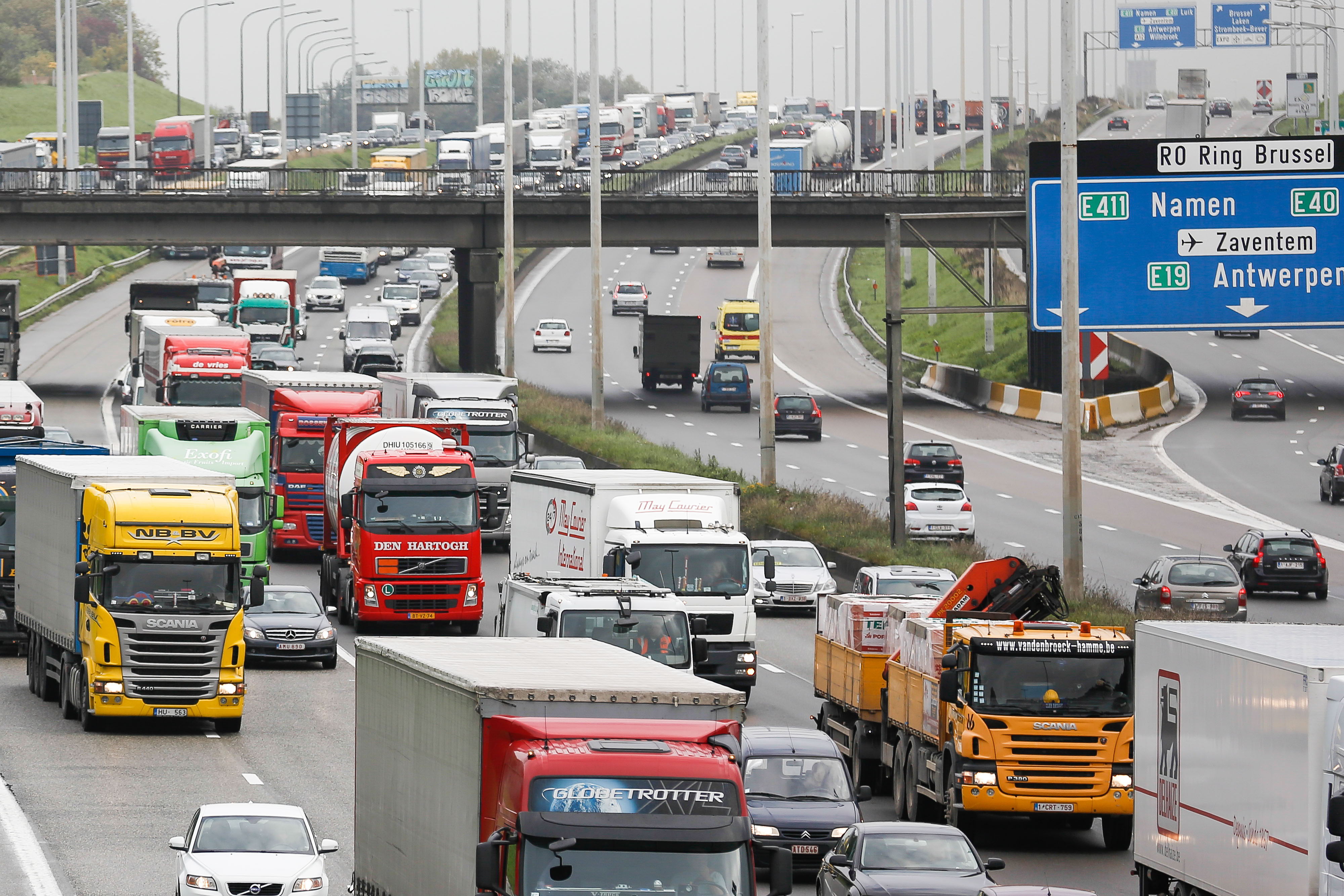EU presidency: Member states agree on stricter cross-border road safety rules

Driving recklessly in another country can now be punished more severely, after the EU reached an agreement to ensure better cooperation between member states in cross-border investigations of traffic offences.
To prevent reckless driving abroad, the list of offences committed by non-resident drivers that trigger cross-border assistance - speeding, drink-driving or failing to stop at a red light - has been extended to include dangerous parking and overtaking, crossing a solid line and hit-and-run offences.
"Letting foreign registered drivers get away with traffic offences is unfair and makes our roads less safe," said Ellen Townsend, policy director of the European Transport Safety Council (ETSC), in response. "It is great that the EU is not only widening the range of traffic offences that can be prosecuted across borders, but also improving the chances of fines being paid."
"Letting foreign registered drivers get away with traffic offences is unfair and makes our roads less safe"
"More needs to be done. We need a way to apply penalty points across borders," she said. "Nevertheless, this agreement is a step forward for road safety and the Belgian EU presidency deserves a pat on the back for getting it done."
With around 40 per cent of cross-border offences currently going unpunished, MEPs secured more robust mutual assistance procedures between EU countries and an obligation to help find a person responsible for a road traffic offence.
Collecting fines
The agreement obliges EU countries to respond to such requests without undue delay and within two months of gathering the necessary information. In addition, once the authorities of the country where the offence was committed have requested the driver's details, the country of residence can take over the collection of fines, provided it is greater than 70 euros and has not been paid after all legal means have been exhausted.
To increase transparency and facilitate the implementation of the new rules, the Commission has been tasked with creating an online portal listing the rules, appeal possibilities and the corresponding fines.
"A foreign number plate cannot be a licence to drive with impunity. The updated rules will facilitate the exchange of information on road traffic offenders between Member States, while ensuring that drivers have easy access to the necessary information through digital communication channels," said European Parliament rapporteur Kosma Złotowski.
© BELGA PHOTO BRUNO FAHY
Related news

